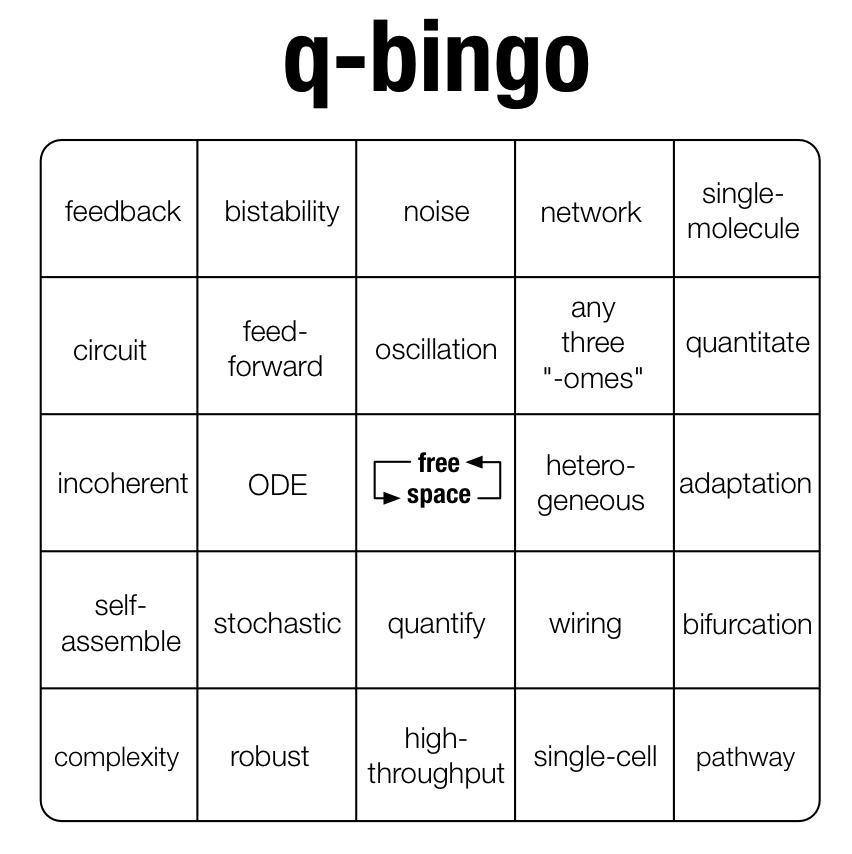It's a transition that needs to be talked about - and that's for them to do with their research mentor(s), and it hopefully catalyzes some empowering, encouraging, insightful discussions.
But if you're not mentoring the student in question, what are you to do? What on earth could there be to ask a grad student about, other than the date of their thesis defense? Don't they relish having a neon red countdown clock affixed to their head?
The answers may surprise you: grad students don't actually want to talk about being a grad student in every single conversation. Rest assured, they know that they need to defend their thesis, find a job, clear out their apartment, move away from their close friends, etc. It can be exciting and stressful and painful - and honestly, you're better off not picking at that tangled web and triggering thoughts that they might be trying to shelve away for a little while.
So if you're not going to ask a senior grad student about their end date, are there any conversation topics that are appropriate, or should you just shun their company? To answer that question, let me ask you some other questions:
- What was the last book you read or film you watched?
- What's your favorite dinosaur?
- What's your least favorite song?
- What are you passionate about?
- If you could have any superpower, what would it be?
- Would you rather have a free lifetime supply of coffee but never have chocolate, or a lifetime supply of chocolate but no coffee?
- Do you like hiking? Bird watching? Bungee jumping?
- Have you ever solved a Rubik's cube?
- Who in history would you most like to spend a day as?
All of these questions, and others, could potentially be employed during conversation with graduate students! But please keep in mind the personality and interests of the student that you're talking. I'm assuming that if you're talking to them, you have some interest in getting to know them better and aren't simply emitting words to pass time.
Are there non-work things you wish (or wished) people would talk to you about during the years that you're working on your PhD? Or do you disagree, and enjoy talking about the logistics of finishing up? Comment below!





